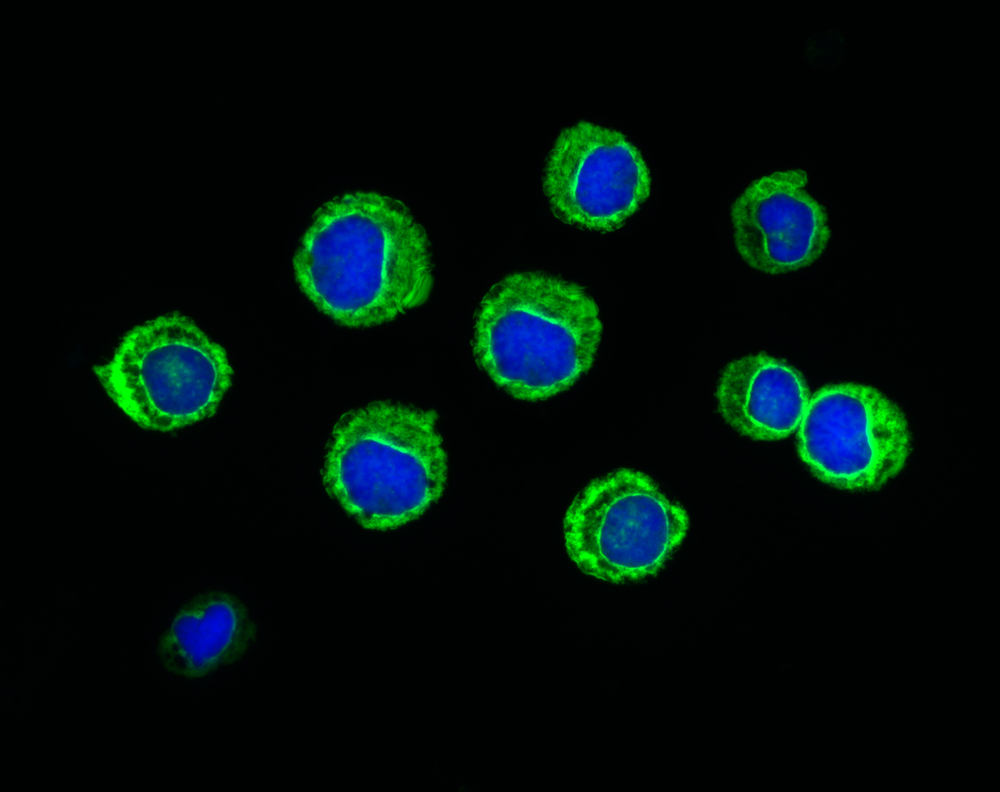The discovery of a new pathway involved in immunity may help alleviate rheumatoid arthritis and other inflammatory diseases. A group of researchers from University of Birmingham led by Professor Ed Rainger found that a key molecule that regulates immune cells is depleted in patients with rheumatoid arthritis and that adding the molecule back into cells reverses the pathological changes seen during disease progression.
“Our discovery of this new pathway is very exciting,” stated Dr. Rainger in a news release from the university. “Not only does it reveal new ways in which our bodies control inflammation, it also indicates that we may be able design new drugs to reverse the disease and age specific loss of this pathway.”
Immune depletion with age is normal. The immune system begins to lose its strict regulatory controls, allowing irregular responses to infection and disease such as immune cells accessing vulnerable tissues that should not be accessed. “Our immune system becomes progressively less effective over the years and this can become harmful leading to disease,” said Dr. Rainger. “Being able to understand the link between aging and pathology will help us to reduce the risk of ill health associated with increasing age.”
To begin understanding the link, the research group studied B and T cell interactions using in vitro cell culture and in vivo animal models of a variety of inflammatory conditions. As described in the article appearing in Nature Medicine, “Homeostatic Regulation of T cell Trafficking by a B Cell-derived Peptide is Impaired in Autoimmune and Chronic Inflammatory Disease,” they found that PEPITEM, a protein secreted by B cells upon stimulation by adiponection, inhibits T cell trafficking in a normal, healthy individual. However, with rheumatoid arthritis, age, or diabetes, serum levels of PEPITEM are depleted, allowing T cell recruitment into inflamed tissues. T cell trafficking to inflamed tissues further exacerbates the state of inflammation but can be reduced by introducing PEPITEM to cells, restoring normal levels of T cells in inflamed tissues.
The results of this study are applicable to more than just rheumatoid arthritis. “The fact that the new pathway is relevant to both diabetes and rheumatoid arthritis, which are quite different diseases, implies a broad applicability to many chronic inflammatory and autoimmune diseases,” said Dr. Rainger. “This is an area of research we are keen to follow, and will be working with doctors from other specialties to determine whether this is the case and whether new therapies might be more broadly applicable.”


